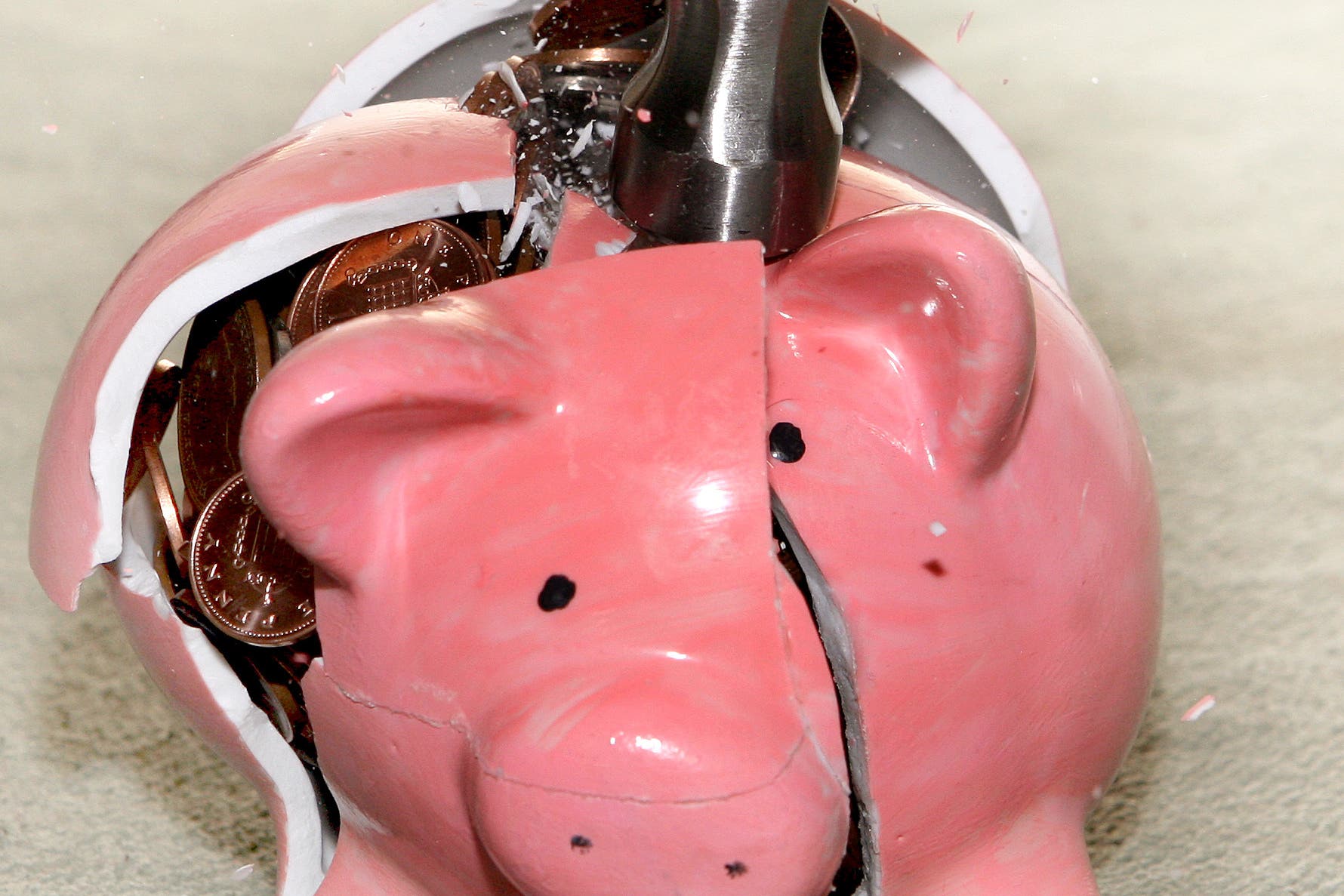Rising rents putting squeeze on tenants’ ability to save, survey finds
Many renters have been dipping into their savings pots to cover living expenses, according to a survey for First Direct.

Nearly one in three (32%) private sector tenants who have recently experienced a rent increase are too financially squeezed to be able to put anything away in savings, a survey has found.
The proportion of those who are struggling to save following rental hikes has tripled from 11% a year ago, according to the research published by First Direct.
Of those still able to save, nearly two-thirds (62%) are putting aside £100 or less each month.
The research also found that 62% have dipped into what savings they do have to cover living expenses at least once in the last two years.
Those who can save are also putting aside £50 less each month to offset the cost of their accommodation – as their tenancy costs have increased by more than £100 on average.
We know that renters are impacted by rising costs, with four in 10 seeing a recent increase in rent
Office for National Statistics (ONS) figures released on Wednesday showed that average private rents across the UK increased by 8.6% in the 12 months to June, edging down from 8.7% in the 12 months to May.
First Direct, which has a partnership with charity Shelter, found that the typical tenant’s monthly expenditure on living expenses and bills is £965 per month.
Those with a “rainy day” fund have £3,140 on average to use in case of an emergency or a change in circumstances.
OnePoll surveyed 1,250 private renters for the research.
First Direct said its support measures for renters also include consultations on money management and access to expert tenancy advice.
Claire Shaw, head of societal impact at the bank, said: “We know that renters are impacted by rising costs, with four in 10 seeing a recent increase in rent.
“Many more will see an increase on the horizon when their tenancy is up for renewal.”
If faced with financial difficulties relating to their rent, 43% of tenants said they would turn to friends and family for help.
A fifth (20%) would seek support from Citizens Advice and 16% would contact their local council.
As the King’s Speech was unveiled on Wednesday, Labour said it would “take action where the previous Government has failed” on protections for renters – including ending no-fault evictions.
On Wednesday, Prime Minister Sir Keir Starmer said: “Too many people currently live with the threat of insecurity and injustice, and so we will make sure everyone can grow up in the secure housing they deserve.
“We will introduce tough new protections for renters, end no-fault evictions and raise standards to make sure homes are safe for people to live in.”